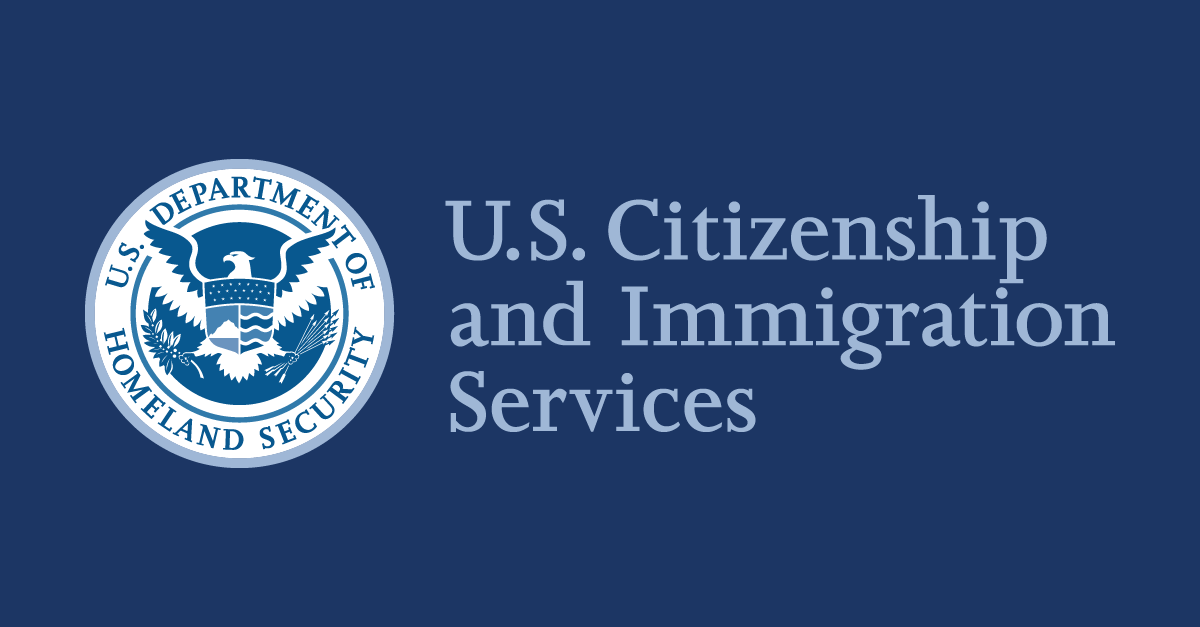Thank you Susie for the quick reply.1. He can come 5 minutes after you enter. You’ll be in the system.
2. Yes
3. Yes, jfk is his POE. He will need to have time to clear immigration, then collect his bags from customs and take them to the airline counter for the next flight - check with the airline, as they often have a counter right outside customs where bags can be dropped for this. He would be checked in for his onward leg already (he’ll get both boarding passes at his point of origin), but if his ticket involves codeshare on a different airline for the onward leg, there is a chance he may have to change terminals to get his connecting fight (and possibly have to bring his baggage with to check it in there if this is the case).
4. Procedures are the same (and no payments are made anywhere at the airport), but queues and wait times may differ between airports, terminals at the same airport, and at different times of day. I’m conservative with these things and would allow at least 2 hours layover if he is departing from the same terminal and 3 hours if he has to change terminals. If he is coming at high season (say December), leave more time. I’ve spent 2.5 hours in the immigration line at jfk in December before.
All that said, where is your son? (I seem to recall UK?) There are direct flights to SFO from London as well as some other cities in Europe.
Son is with us here in HK at the moment but he will go back to school in the UK later in September and he will join us in the US during his winter term break. Right now we are trying to plan our activation trip but a lot is yet to be firmed with all the travel restrictions and flight cancellations going on.
May I ask for more information about the immigration clearing procedures? Someone posted on the internet that we will be taken into a private interview room to be questioned, some said all procedures were conducted right at the counter, yet some other said there was a separate room with many other immigrants waiting to be called to a window to be examined.

